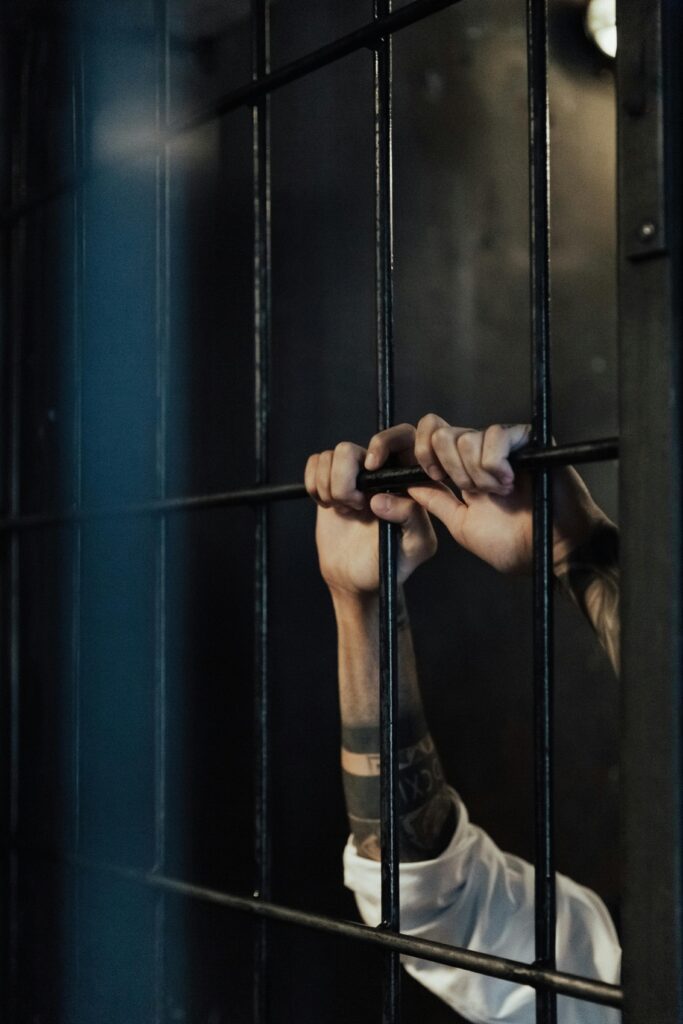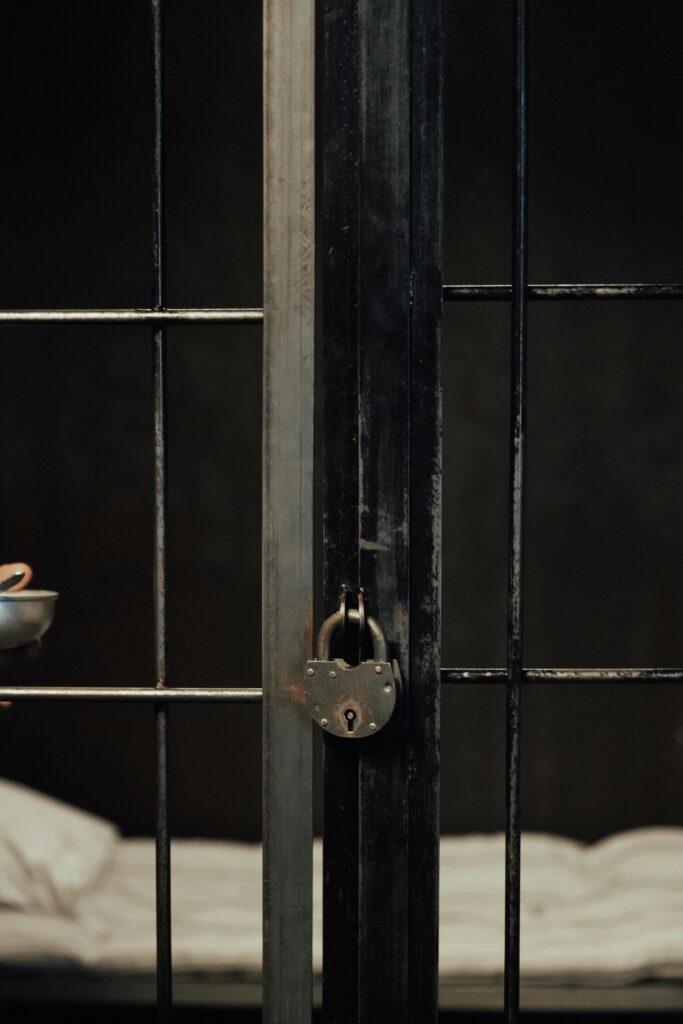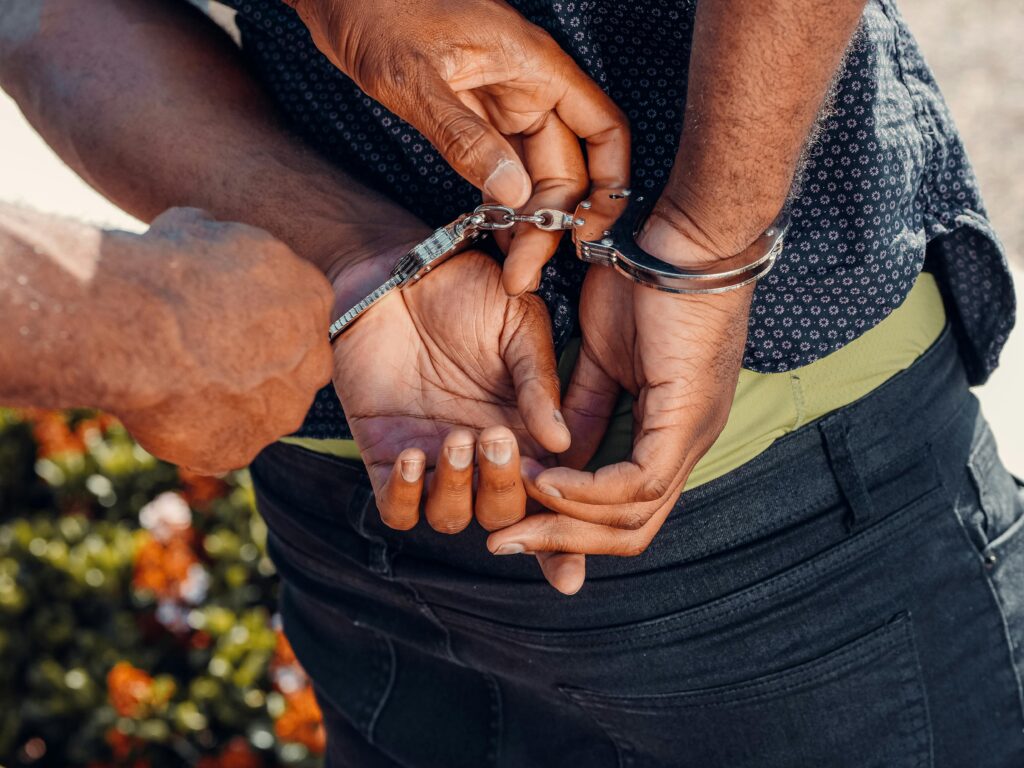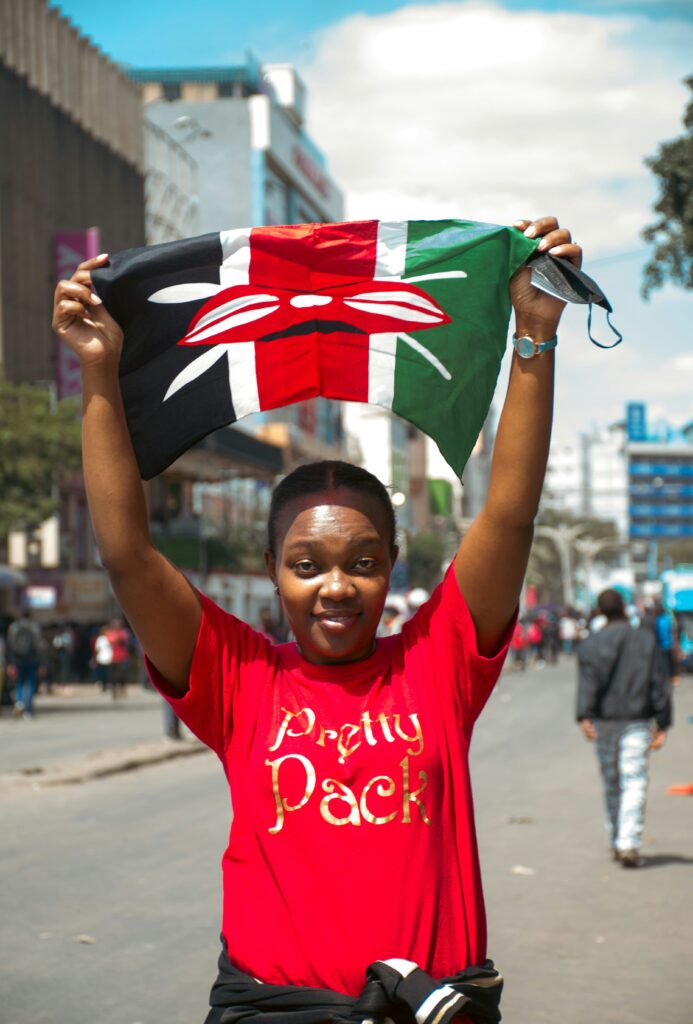Introduction: The Inseparable Twins of Peace
Justice and security are like the two wings of a bird — without both, flight is impossible. A country may have excellent laws written in its constitution, but if people feel unsafe walking home at night, those laws lose meaning. Conversely, armed forces and police may patrol every street, but without fair courts and due process, safety turns into oppression.
Balanced justice and security aren’t abstract ideals; they are the foundation for stable, thriving societies. And history shows that when one is weak, the other eventually fails.
Why Justice Without Security Fails
A justice system without strong, fair security forces often becomes powerless. Citizens may win court cases on paper but still face threats, intimidation, or violence in their daily lives. This gap erodes trust, discourages participation in legal processes, and fuels a cycle of impunity.
Example: In some post-conflict countries, transitional courts were established to try war crimes. But without secure environments for witnesses and survivors, many cases collapsed. Justice existed in theory, but fear silenced truth.
Why Security Without Justice Breeds Distrust

Security forces without an accountable justice system often drift into abuses of power. When police, military, or intelligence units act without oversight, people begin to see them as threats rather than protectors.
Example: In parts of the world where emergency laws have been used for decades without reform, heavy-handed policing has deepened divisions, sparking protests and sometimes violent resistance. Instead of reducing conflict, unchecked security escalates it.
Real Story: Kenya’s Community Policing Success
In Makueni County, Kenya, police adopted a new approach. Rather than patrolling in isolation, officers partnered with village elders, youth leaders, and women’s groups to mediate disputes before they escalated.
Results were remarkable:
- Crime rates dropped noticeably.
- Residents began volunteering information to help prevent crimes.
- Public trust in law enforcement increased.
The shift wasn’t about increasing force — it was about increasing cooperation.
Case Study: Sierra Leone’s Post-War Reforms
After its civil war, Sierra Leone realised that rebuilding required more than disarming combatants. The government, with international partners, invested in both justice reforms and community-oriented security.
- Justice Reforms: Mobile courts brought legal services to remote villages.
- Security Reforms: Police were retrained in human rights and community engagement.
- Outcome: Conflict-related crimes dropped, and citizens began reporting everyday disputes for fair resolution.
Practical Steps for Balancing Justice and Security

For Governments:
- Ensure police and courts operate independently but cooperatively.
- Fund both systems adequately — starving one weakens both.
- Provide training on human rights and conflict sensitivity.
For Communities:
- Report corruption and misconduct — silence enables abuse.
- Support community safety initiatives like neighbourhood watch programs.
- Participate in civic education and rights-awareness campaigns.
For Civil Society & NGOs:
- Monitor justice and security institutions.
- Advocate for reforms where abuse or inefficiency is evident.
- Facilitate dialogue between citizens and authorities.
The Bigger Picture: Peace as a Shared Responsibility
Justice and security are not “government-only” responsibilities. They are part of a shared social contract. Each citizen’s actions — whether voting for leaders who respect the law, reporting crimes, or engaging in peaceful protest — strengthen the system.
When justice protects everyone, and security serves everyone, peace is no longer a fragile dream. It becomes a daily reality.



